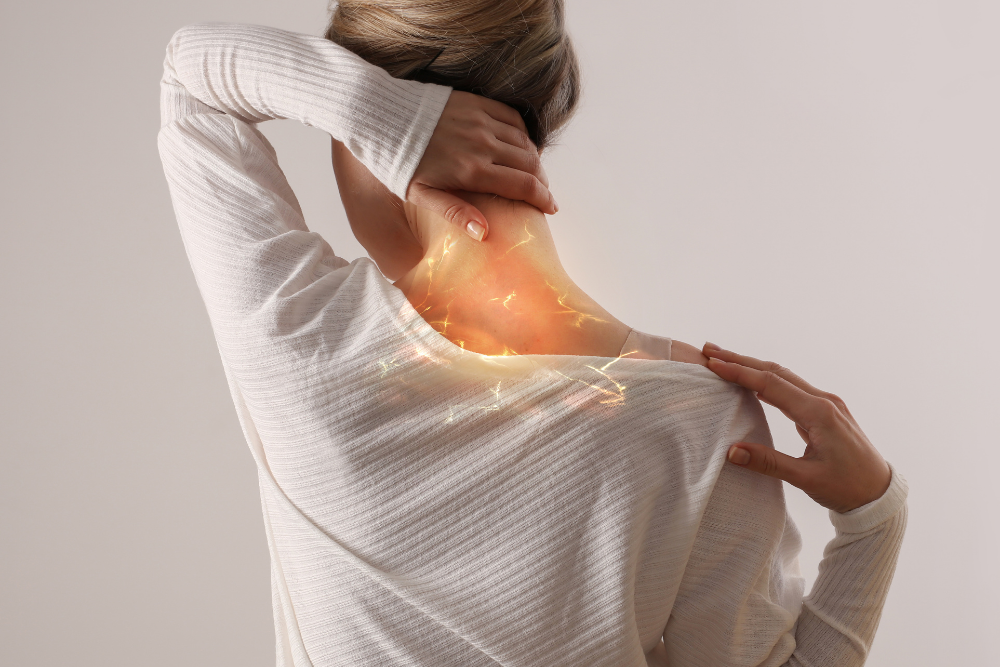Myositis is a rare autoimmune disease that most commonly causes weakness, aches, and pain in the body’s muscles. Myositis is often found to cause inflammation in larger muscle groups such as the hips, thighs, or shoulders. Because it can cause weakening in the muscles, problems with swallowing or breathing when it affects the muscle areas responsible for those functions may occur.
In addition to muscle inflammation, patients can also experience symptoms including weight loss or night sweats and a general unwell feeling. While there is no known cure, there are treatments available to help patients manage their symptoms.
Causes
Typically your immune system works to protect your body from illness or infection. Think of it as the body’s self-defense system. However, when something goes haywire in the immune system, it can start to attack the body itself, leading to autoimmune diseases like myositis, where the immune system attacks the muscles.
Types of Myositis
There are three types of myositis that are diagnosed most commonly: polymyositis, dermatomyositis, and inclusion body myositis (IBM).
- Polymyositis
This type of myositis typically affects several muscles within the body, hence the name poly, which means many. Common symptoms of polymyositis include muscle weakness, trouble sitting or standing due to fatigue, problems swallowing, and aches and pain in the muscles. - Dermatomyositis
Symptoms of this type of myositis are very similar to polymyositis but also present with a rash that is usually a dark red or purple color. The rash can be quite painful and is typically found on the face, hands, knees, chest, elbows, or back. - Inclusion body myositis (IBM)
Inclusion body myositis differs slightly from the variants listed above in that it most frequently affects areas such as the hands and knee joints. This can make tasks like gripping objects increasingly tricky and might lead to falls due to instability in the knee area. With this variation of myositis, there is also a build-up of protein found in the muscles that is thought to cause resistance to treatments like steroids, making IBM more challenging to manage and treat.
Diagnosing Myositis
Myositis symptoms can look similar to other conditions, such as low vitamin D, calcium, or magnesium levels, infections, sustained alcohol consumption, or medication side effects.
However, if you feel weak or unusually fatigued after simple activities such as walking up stairs or brushing your hair, or your muscles feel exceptionally tender or swollen without obvious relation to strenuous physical exertion, it would be wise to schedule an appointment with a doctor for an evaluation.
While there isn’t one universal test, several testing methods, including a blood test, magnetic resonance imaging (MRI), or a muscle biopsy, can determine whether you have myositis.
Can Myositis Be Reversed?
While there is currently no known cure for myositis, there are treatments that can help to improve symptoms and repair damaged muscles. Often, the effects can be reversed or managed with the proper treatment plan, which might incorporate steroids in combination with a supervised exercise regimen. With early diagnosis and treatment, many people experience a good quality of life, even if the condition can’t be reversed fully.
If you are struggling with symptoms, speak with your doctor to determine what treatment is right for you. Advanced Rheumatology of Houston has over ten years of experience treating autoimmune diseases with cutting-edge treatments to help patients manage their conditions and find relief. Call (281) 766-7886 to schedule an appointment today.



